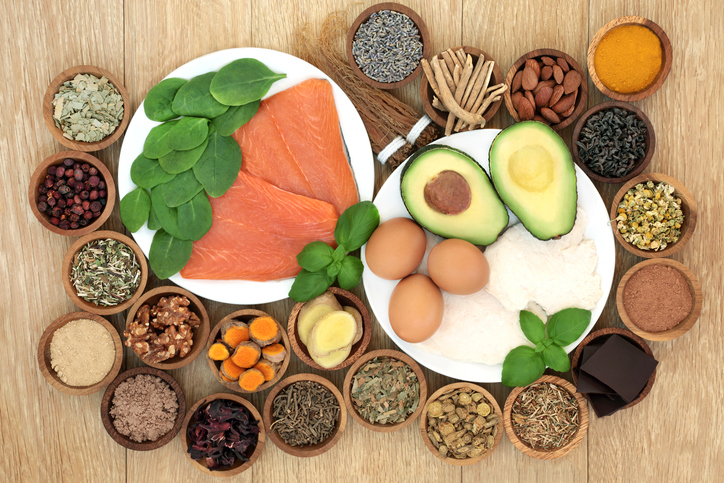Stress is part of our everyday lives and is necessary for human development. We are continually adapting to events that take place externally and internally.
Stress is an essential component and provokes many biological changes. Research groups have argued that stress is a good thing if understood, due to its ability to challenge and adapt the human brain and body. However, stress has also been linked to obesity, cardiovascular disease and cancer. This is possibly due to an association between high-stress periods and unhelpful behaviour surrounding nutrition.
Commonly when individuals are stressed, they turn to food for comfort and often select unhealthy options. Typical ‘treat’ foods are high in trans fats, low in fibre intake and rarely feature fruit and vegetables. As stress occurs, an increase in cortisol is observed, which has been linked to ill health. Cortisol, the so-called ‘stress hormone’, has many functions within the body but is often linked with hypertension, inflammation, increases in blood pressure, muscle breakdown, anxiety and likelihood of depression.
When it comes to nutrition and stress, we are not looking to eliminate stress through food as that simply isn’t plausible, instead our role is to minimise and counteract the negative consequences of stress. We also need to be aware of how nutrition can add to the problem through eating foods with a pro-inflammatory response. An unhealthy diet is viewed as a stress in itself. A 2020 study examined the influence of stress and unhealthy food habits on stress accumulation (Michels et al., 2020). The results from this study showed that less appropriate dietary choices (high amounts of processed food) increase around high-stress periods, which can lead to an increase in cortisol. Cortisol affects levels of hunger and encourages the consumption of highly processed/fatty foods. This consumption then provokes further spikes in cortisol and leads to an increase in poor food selections. This spiral leads to increases in weight and health-related issues later down the line. Our best advice is when feeling stressed, avoid the convenient food and takeaway options as they will contribute to the existing problem. Your aim should be to minimise the damaging effects of stress by management of inflammation and cortisol.

Foods that help with the management of stress include several key nutrients.
- Omega-3 These specific fats have the ability to inhibit the production of free radicals (a type of inflammation) which can harm DNA caused by stress. If less of these radicals are released there is naturally a reduction in stress-related inflammation within the body. Docosahexaenoic acid, (DHA) a type of omega-3, has high cell permeability properties meaning it can enter cells easily. This is particularly useful in the brain to help with brain function and stress control. Foods sources of omega-3 include oily fish, avocado, nuts and oils.
- Antioxidants are a type of vitamin that helps ‘mop up’ inflammation. These can include vitamin A, D, E, C and dietary nitrates. For example, vitamin E is used to reduce the release of inflammation whereas vitamin C is used in the make-up of new DNA. These vitamins are often seen as an oxidative defence mechanism and can be found in lots of fruit and vegetables including cherries, green vegetables, beetroots, bell peppers and so on.
- Minerals Once again the list of minerals that are involved in the processes to reduce inflammation is long. Copper, zinc, magnesium, iron, manganese and selenium are all involved. Deficiencies in these minerals may lead to a decrease in cell activity and cause damage. Nuts, seeds, cruciferous vegetables (cauliflower and broccoli), eggs and beans all contain high levels of minerals.
We know that stress is natural; our role with nutrition is to ease the strain it takes on the body. Consuming a diet low in processed foods and high in quality nutrients, including good fats, alongside a variety of fruit and vegetables is perfect for reducing stress-related inflammation. Our recommendation for fruit and vegetables is to consume two of each colour set (green, red, yellow/orange and purple/blue) every day.